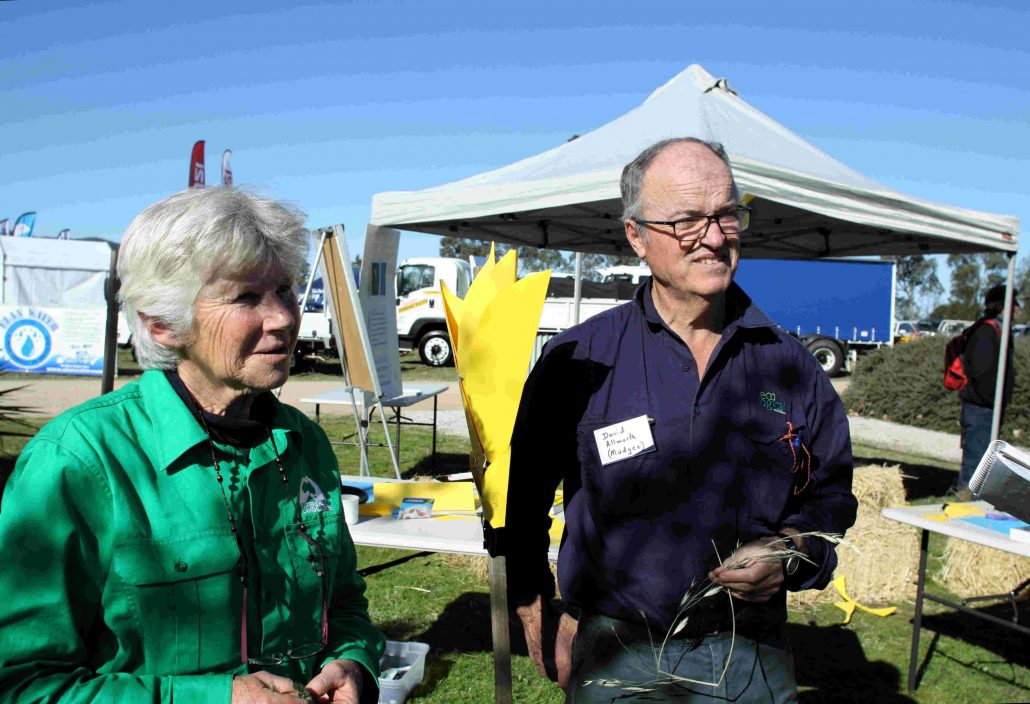Growing your own natives
Ever wanted to grow your own native plants? Do you know how to tell a healthy, viable seed from an unhealthy one, when is the best time to sow, and how to give your newly emerged seedlings the best conditions to ensure success?
Watershed Landcare will be hosting a seed collection and propagation workshop on Sunday 6 May and have invited local ecologist, David Allworth, and local botanist, Christine McRae, to share their extensive knowledge on the subject.

“Collecting your own seed and growing the plants yourself for either re-vegetation projects, farm windbreaks and shade trees, or the home garden can be extremely satisfying. The ultimate DIY project that will outlast a lifetime.” said Ms McRae.
“The purchase of seed to grow native plants is relatively low cost. However, collecting your own seed from close proximity to where it will be used can add to the survival rate of the plants.” she continued.
The reason for this is that local plants are more suited to the local environment. They would have evolved over time to cope with environmental variables such as rainfall patterns, frosts, winter and summer extremes, soil types and landscape position. Provenance is a term meant to describe the origin of a seed source. Local provenance equates to genetic adaptation to local environmental conditions.
“Another good reason to collect your own seeds is that there are many native plant species out there and commercial suppliers will not be able to supply everything when required, if at all. Growing your own local native species is the best way to aid their survival.” said Ms McRae.
The workshop will cover basic identification features of some commonly found local plant species; why collecting locally is best; safety, permission, timing, methods, storing collected material; equipment and processing of collected material; methods and materials for propagation and the best time to sow seed.
Workshop participants with gain knowledge and skills to select for viable seed, ensure successful germination and give seedlings the best start.
The seed collection and propagation workshop will be held from 9am to 12 noon on Sunday 6 May at the Straw Bale Shed, AREC. The workshop is free to attend with morning tea and lunch provided.
All welcome. For more information or to book your spot please contact Agness Knapik, Watershed Landcare Coordinator, on 0435 055 493 or info@watershedlandcare.com.au.
This event is supported by Watershed Landcare through funding from Michael King and Landcare Australia.
